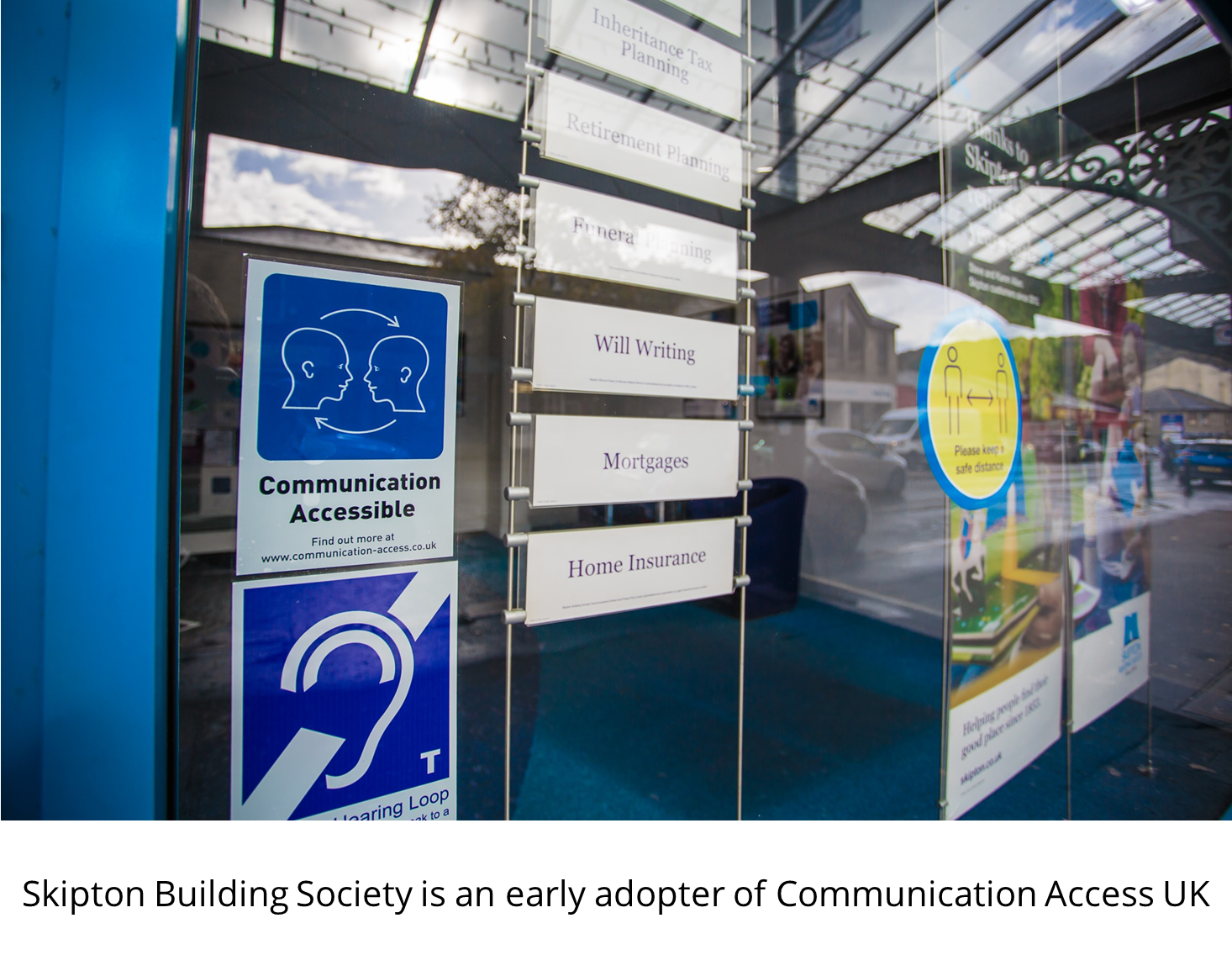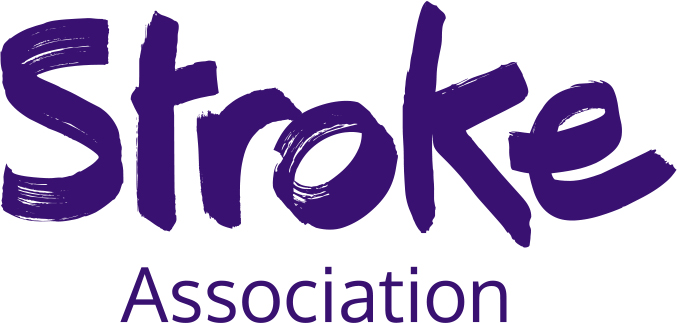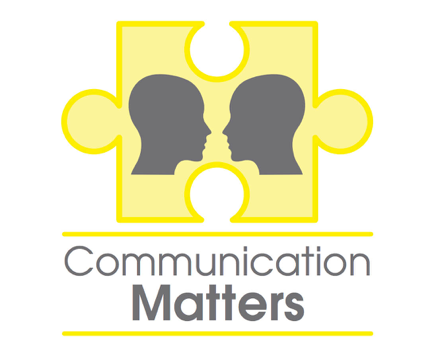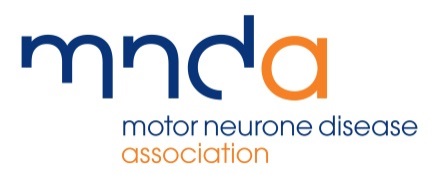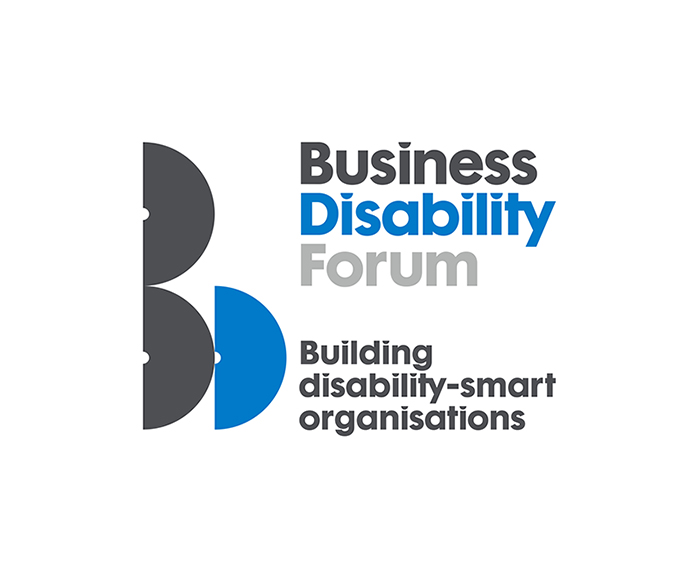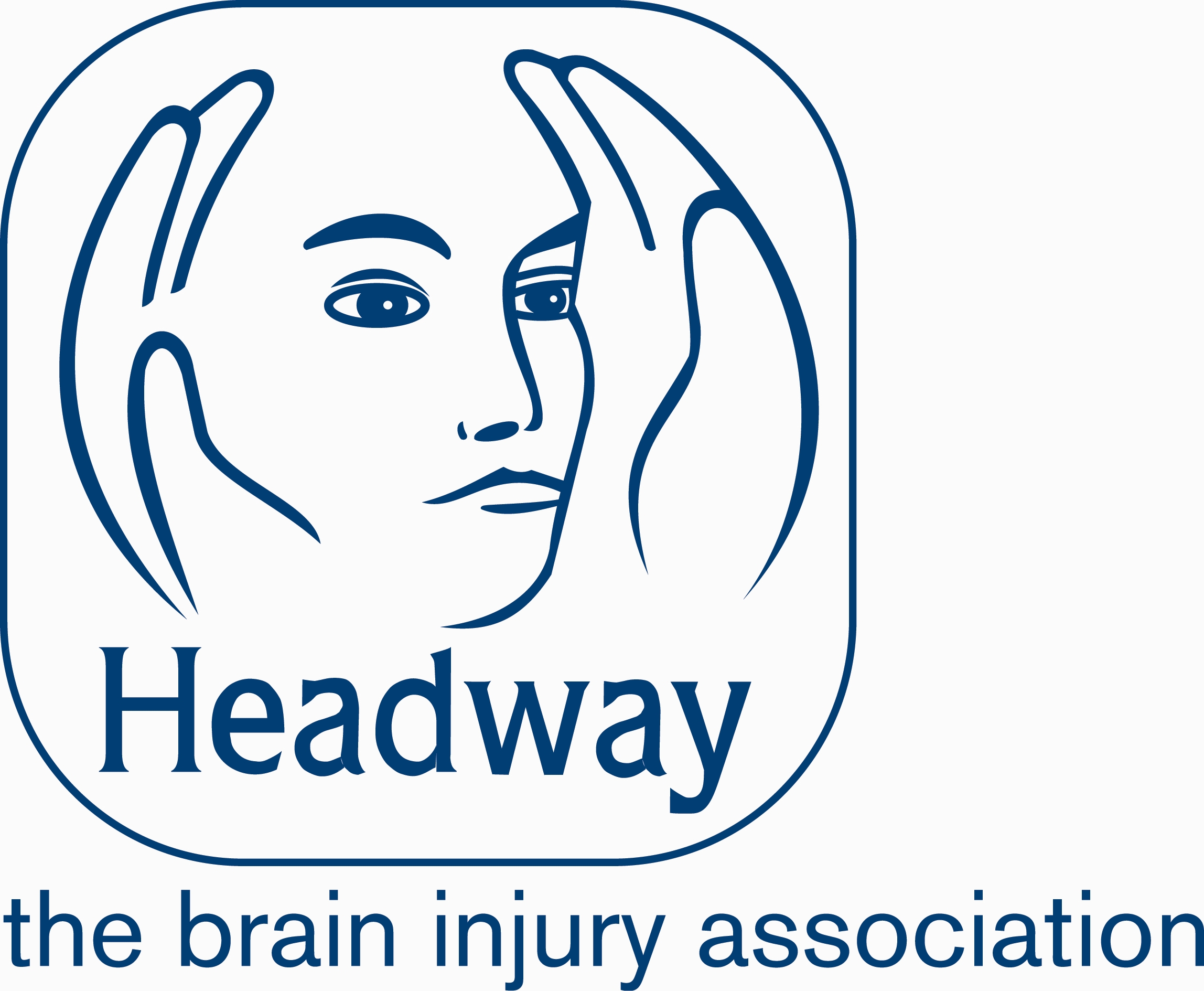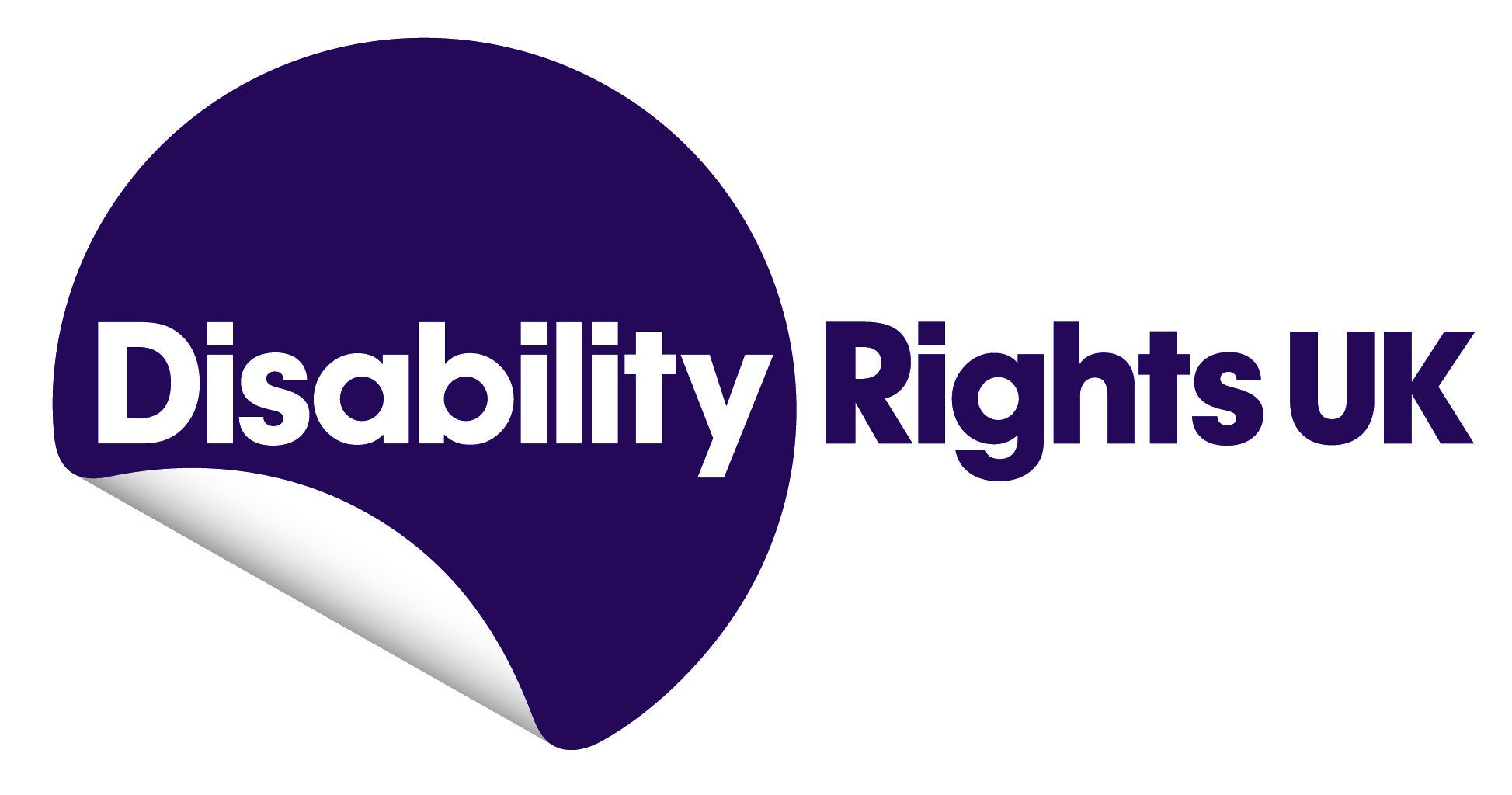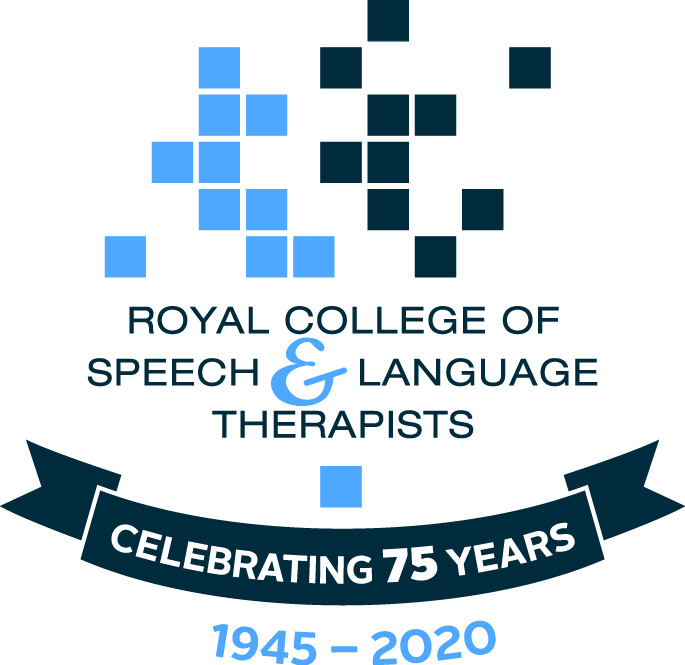About
What is Communication Access UK and who can sign up?
What is Communication Access UK and who can sign up?
Communication Access UK is an initiative developed in partnership by charities and organisations that share a vision to improve the lives of people with communication difficulties.
Led by the Royal College of Speech and Language Therapists, the partnership includes:
- Communication Matters (the UK chapter of the International Society for Augmentative and Alternative Communication that inspired this work for the UK)
- The Stroke Association
- Headway – the brain injury association
- The Motor Neurone Disease Association
- The National Network of Parent Carer Forums
- The Business Disability Forum
- Disability Rights UK; and
- The Makaton Charity
Together, we’ve developed the Communication Access Symbol, a new disability access symbol underpinned by a completely free training package and standards.
We hope that these will help you, or your businesses / organisation to better support people with communication difficulties.
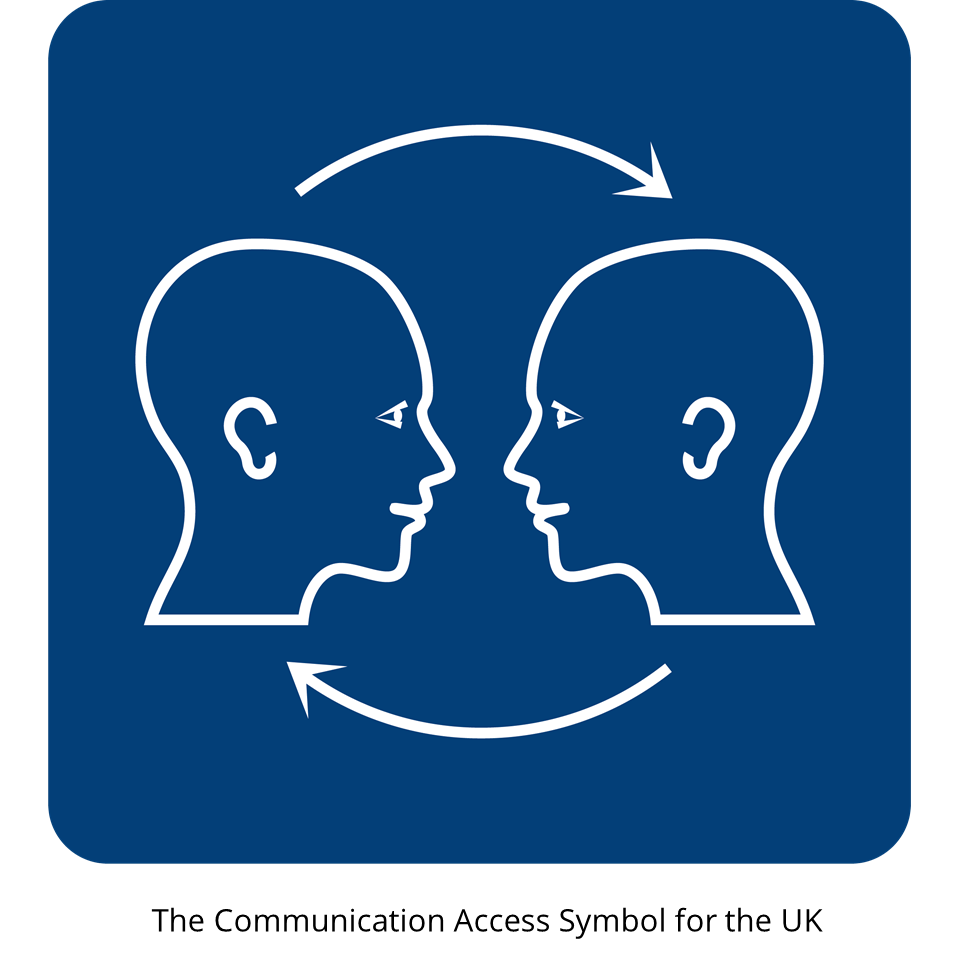
Who can sign up?
Communication Access UK has been developed for both organisations and individuals.
Anyone can sign up to Communication Access UK and complete the training package.
Individuals will receive certificates confirming that they have completed the training, while organisations will receive accreditation as Communication Accessible once they have committed to deliver the training and adhere to the standards.
Organisations will then be placed on a national directory and can then display the Communication Access Symbol.
Both certificates and accreditation are valid for 12 months and will need to renewed annually.
Communication Access UK has been developed to be 100% free.
What are communication difficulties?
What are communication difficulties?
Communication is not simply about the ability to speak but also the ability to hear and understand what is said to us.
Some people may find it hard to ask a question, name an object or ask for help, while others may have speech difficulties that make them difficult to understand.
Others may have problems processing information and difficulties with reading and writing. Some may use communication devices and require time to create their message.
Millions of people across the United Kingdom have communication difficulties, including both adults and children.
People with a range of conditions including cerebral palsy, learning disabilities, Down’s syndrome, autism, hearing impairment, stroke, brain injury, head and neck cancers, Parkinson’s disease, motor neurone disease, dementia and many more experience communication difficulties.
People without any specific conditions might also experience communication difficulties for a range of reasons.
Communication difficulties leave millions without a voice, denying them equality of access and opportunity.
The Communication Access Symbol and training will support inclusive communication for all.

Why become ‘Communication Accessible’?
Why become ‘Communication Accessible’?
The Communication Access Symbol is underpinned by standards which have been developed into detailed guidance and an easily accessible eLearning package.
Once these have been adopted and implemented, your business / organisation will be accredited and promoted as Communication Accessible and placed on a national directory.
Through the training, staff will gain the skills and confidence to engage with people with communication difficulties much more effectively.
Displaying the symbol will allow people with communication difficulties to recognise that your business has made the appropriate adjustments to support their needs and engage your services with greater confidence.
A better communication experience for all will always translate into a better customer service experience.
The Communication Access Symbol and standards will:
- create greater accessibility to goods and services for people with communication difficulties
- help reduce social isolation and improve the quality of life for people who have communication difficulties
- increase public awareness and understanding of communication difficulties
- contribute to the development of staff and enable them to deliver high-quality customer service to all; and
- support businesses and organisation meet their obligations under the Equality Act 2010.
See our stories to learn about the experiences of some businesses and organisations across the UK that have signed up to Communication Access UK.
